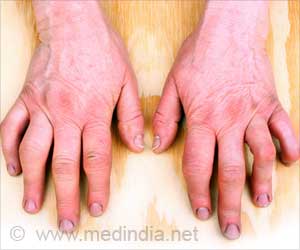Faster way of producing Bird flu vaccine using Reverse Genetics
Scientists from University of Wisconsin, US and University of Tokyo, Japan have found a faster and reliable method of vaccine preparation for bird flu if a bird flu outbreak involving mutant strain of virus occurs. Due to world wide fear of a possible mutation of the avian virus which may be very lethal and may cause millions of death world wide.
Scientists from University of Wisconsin-Madison, working with Japanese colleagues from the University of Tokyo, say that earlier it believed that more than 6 months is required for manufacturing a vaccine with a new virus outbreak but by using their idea of vaccine preparation using genetic technique of reverse genetics it is possible to prepare bird flu vaccine against the required strain in a shorter time.The vaccine preparation using reverse genetics involves reshuffling of DNA isolated from the mutated strain and the DNA can be incorporated into tissue culture cells in order to produce vaccine which when inoculated in to humans produce the immune cells against the virus in large numbers minimizing the time required for the host immune cells to recognize the virus DNA. The planned Reverse genetic vaccine would be produced with a reduced number of plasmids which would increase the adaptability of the virus DNA in the tissue culture cells. Researchers feel that by reducing the plasmid number the effect of the vaccine can be increased.
Experts View:
Chief Medical Officer Sir Liam Donaldson said, “120 million doses would be needed - two for every person in the country and the UK government has plans to purchase enough vaccine for the entire population in the event of a pandemic caused by bird flu”.
Reading University's Dr Wendy Barclay, who has been doing research into influenza vaccines said, "The technique of reverse genetics is extremely important in making vaccines against the highly virulent strains of bird flu and there were a number of candidate bird flu vaccines undergoing trials at the moment that had been made in this way. She added, "There are technical difficulties in performing reverse genetics. Reducing the number of plasmids will certainly increase the efficiency. It might save you a week or so if your first go using the old technique did not work but there are lot of barriers in using this technique including bulk preparation, storing, approval and clinical trials”.
Source: BBC News.









